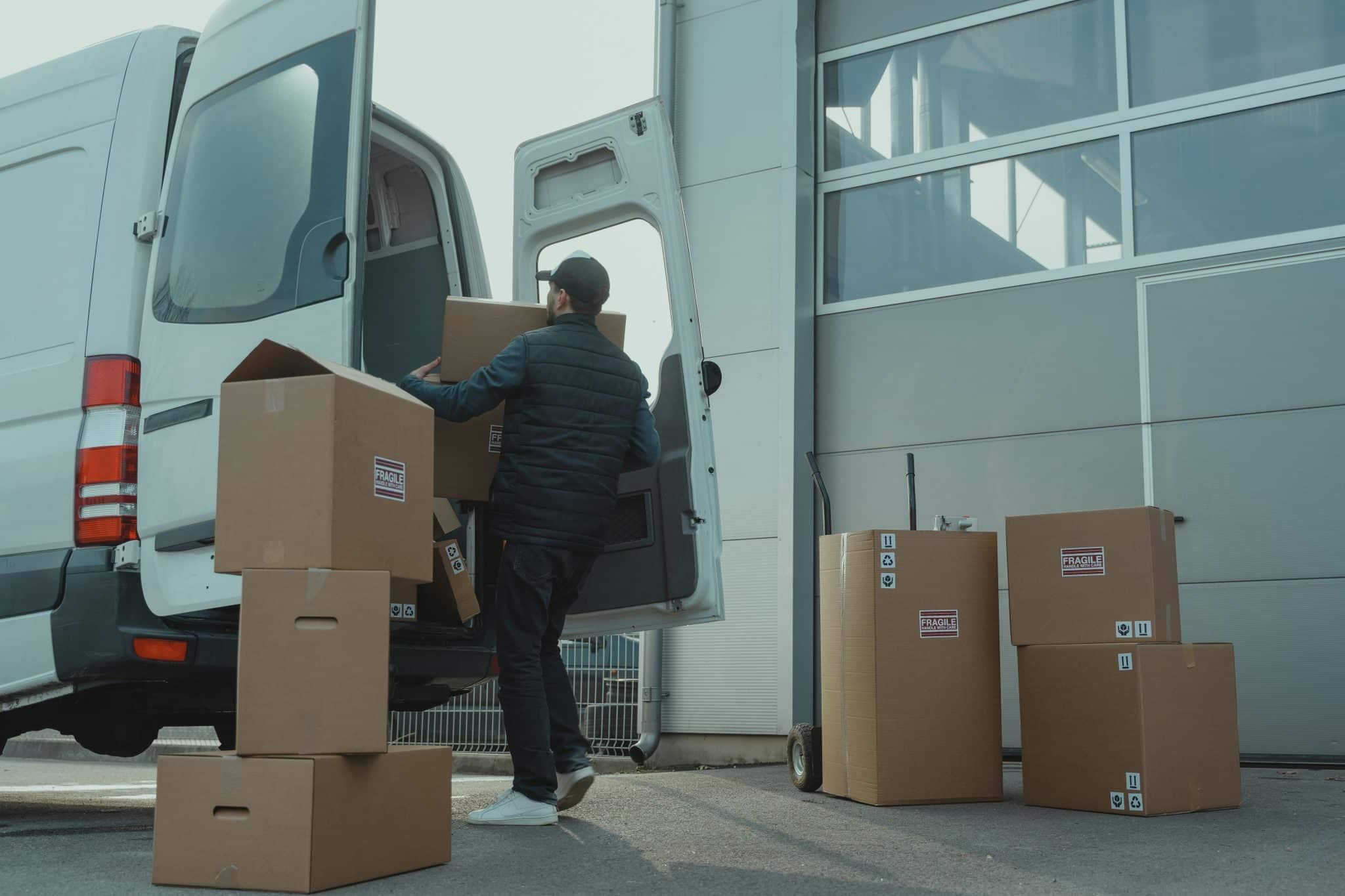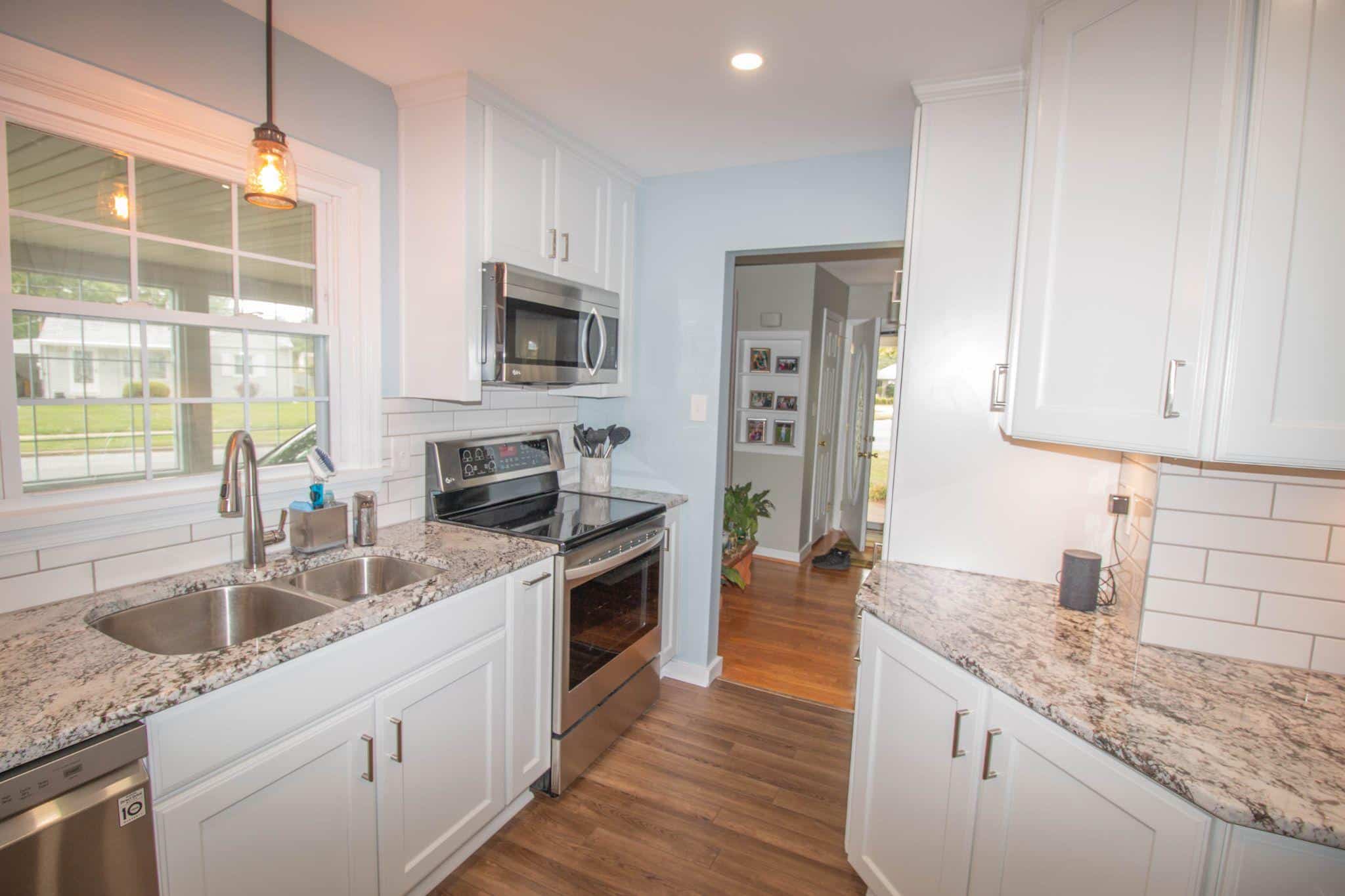From the moment you wake up, you use a digital tool to make life easier without realising it. That’s your smartphone’s alarm clock or your Alexa alarm. But there’s so much more! You probably already avoid going to the bank and pay electricity, utility, or even restaurant bills through a bank app. So many areas of our everyday life have been improved (or at least sped up and made more convenient) with simple tools.
Modern life is busy for everyone, so finding simple tech tricks to streamline tasks can make all the difference and result in actual free time for ourselves instead of our chores. From smart home devices on a distant regime to using AI to find smart online deals and entertaining at a POLi Pay casino NZ, Kiwis are tech-savvy and quite ahead in using digital tools to make their everyday lives easier.
Embracing the Everyday Digital Convenience
With nearly universal internet access in New Zealand (96%), Kiwis have increasingly embedded digital solutions into daily routines. From dinner planning to tracking spending habits or even starting their washing machine at home while they are at work, user-friendly apps and online tools can save time and reduce stress.
Smart Homes and Remote Chores: The Rise of the Smart Kiwi Household
Kiwis are increasingly exploring the comfort of smart home systems, where light appliances and even locks respond to voice or app commands. These tools aren’t just flashy but practical solutions. A recent study found that over 43% of New Zealanders are interested in installing smart home tech, and that number is growing quickly.
“Just imagine doing laundry from your office desk, or arriving home to a spotless floor that you didn’t have to clean or hire someone to do it for you,” Isabella Pritchard from NZ-CasinoOnline explains. “For me, this doesn’t have a price,” she adds.
With smart machines and robotic vacuums like those from iRobot or Roborock, you can do chores and program them to clean at specific times, even while you’re away from home. Across the globe, the launch of robotic vacuum cleaners has shortened the average household’s cleaning time by more than 2 hours per week.
Other popular appliances include:
- Smart Plugs – these control kettles, fans, heaters, or whatever you have plugged in with a single tap.
- Smart Lights – they adjust brightness, warmth, and schedule based on your daily routine.
- Smart Irrigation – this system automates watering cycles based on a weather forecast, and it’s ideal for your garden and flowers.
- Voice Assistants (Amazon Alexa, Google Assistant) – these popular “companions” offer hands-free control of nearly any compatible device in your household, which additionally feels like you’re talking to your home!
Smart tech isn’t just about saving time. Most importantly, it reduces mental load. Apps can notify you if a device is left on, or let you lock doors remotely. No more second-guessing whether you left the cooker on, or whether you locked your door!
Meal Planning Made Effortless
Deciding what’s for dinner each night can be a headache. The older you get, the more you avoid it. Meal-planning apps aim to fix that by organising recipes, grocery lists, and meal schedules, all in one place. In fact, more than 67% of adults use a grocery list app or a digital meal planner at least twice a week.
Busy families and professionals spend more time outside than at home, so it’s completely normal to turn to these apps to save time for themselves when finally getting home. Moreover, they eat better rather than having fast snacks.
With new advanced technology, these apps can even be connected to your home refrigerator that knows exactly which items are about to expire! Also, these apps can be personalised based on your current dietary preferences and can automatically generate a shopping list so that you can buy exactly what you need, reducing food waste and extra trips to the store.
Some popular tools include:
- Mealime, which creates personalised weekly menus and grocery lists based on diet goals.
- Paprika, a recipe manager tool that lets you save recipes from any website and sync a shopping list across devices.
- My Food Bag (NZ only) is a Kiwi meal-kit service app that provides easy recipes and pre-portioned ingredients, taking the guesswork out of dinner.
“You can even receive reminders to defrost ingredients, adjust servings for family or flatmates, and I find it so convenient to relax after work instead of having one more to-do thing on my list,” Isabella Pritchard, gambling expert and author at NZ-CasinoOnline.NZ, adds.

Smarter Budgeting With Finance Apps
Managing money is another area where digital tools shine. Instead of juggling spreadsheets or stacks of receipts, budgeting apps automatically track your income and expenses in real time. Most Kiwis support not only mobile banking but also personal finance apps. “Being able to see all your accounts in one place and get instant spending alerts or set limits is not just a financial but a personal revolution for me,” Isabella adds.
These apps connect to personal bank accounts and credit cards to categorise your spending (groceries, rent, entertainment, healthcare, etc.) and show where your money goes to the last cent. Some even have advanced features (or payable features) to forecast future expenses and send friendly reminders for upcoming bills. For example, PocketSmith, a homegrown Kiwi budgeting app, allows users to set budgets and visualise cash flow on a calendar. Most banks in NZ have also embraced this digital revolution, integrating features in their mobile apps that automatically analyse spending patterns or round up purchases into savings.
Key time-saving features of budgeting apps include:
- Automatic Bank Sync: All transactions are imported and categorised without manual data entry.
- Spending Insights: Charts and weekly reports highlight trends.
- Budget Alerts: Notifications can warn you if you’re nearing your set budget limits, helping avoid overspending.
- Goal Tracking: Set saving goals and watch your progress bar fill as you put money aside.
To add financial convenience, some Kiwis even use local services, like POLi, for quick online payments on entertainment sites, including NZ’s top-paying online casinos, to make life more delightful.

Digital Beauty and Personal Care
Beauty routines are also going digital. From AR makeup to AI-powered skincare analysers, new tools are helping people streamline grooming without sacrificing results and their budget.
For example, AR mirror apps like those by ModiFace (used by brands like Sephora and L’Oréal) let us test lipstick shades, eye looks, and even hair colours with a smartphone camera. This trend is the future of cosmetics since only a few customers have already gotten used to it, but it shows potential. Some top tools for virtual beauty currently include:
- L’Oréal Skin Genius – You can scan your face for a full skin analysis and product recommendations.
- YouCam Makeup – You can try on entire makeup looks in seconds.
- Olay Skin Advisor – Uses AI to track progress over time.
If you’re a “shopaholic” and want to cut down on your budget, apps like Smart Closet and Stylebook allow you to digitalise wardrobes and plan outfits ahead of time. “We easily tend to forget what we already have in our big pile of clothes. And if we don’t remember owning a piece, how would we style it?” Isabella wonders. “Luckily, there are tools that can sort your clothes, recommend combos for the weather, and even prevent overbuying duplicates,” she adds.
With busy mornings and last-minute meetings, it’s no surprise New Zealanders are turning to these AI-driven fashion helpers.
Takeaways
Life doesn’t have to feel like one long to-do list; not when digital tools are this good. From scheduling dinner with a tap to automating your budget and perfecting your daily looks with what you already have somewhere in your closet, small tech upgrades do make a big impact. “These tools simplify life and extract the tensions from the already tense busy daily routine,” Isabella Pritchard concludes. “And that’s exactly why they are so popular: you don’t need to advertise commodities and peace of mind.”








